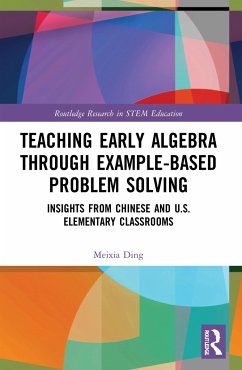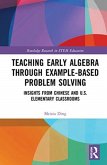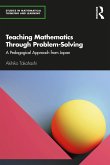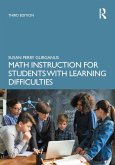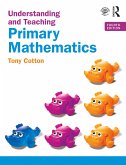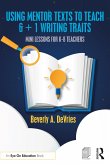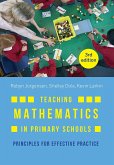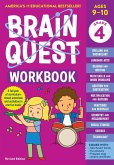Drawing on rich classroom observations of educators teaching in China and the U.S., this book details an innovative and effective approach to teaching algebra at the elementary level, namely, "teaching through example-based problem solving" (TEPS).
Recognizing young children's particular cognitive and developmental capabilities, this book powerfully argues for the importance of infusing algebraic thinking into early grade mathematics teaching and illustrates how this has been achieved by teachers in U.S. and Chinese contexts. Documenting best practice and students' responses to example-based instruction, the text demonstrates that this TEPS approach - which involves the use of worked examples, representations, and deep questions - helps students learn and master fundamental mathematical ideas, making it highly effective in developing algebraic readiness and mathematical understanding.
This text will benefit post-graduate students, researchers, and academics in the fields of mathematics, STEM, and elementary education, as well as algebra research more broadly. Those interested in teacher education, classroom practice, and developmental and cognitive psychology will also find this volume of interest.
Recognizing young children's particular cognitive and developmental capabilities, this book powerfully argues for the importance of infusing algebraic thinking into early grade mathematics teaching and illustrates how this has been achieved by teachers in U.S. and Chinese contexts. Documenting best practice and students' responses to example-based instruction, the text demonstrates that this TEPS approach - which involves the use of worked examples, representations, and deep questions - helps students learn and master fundamental mathematical ideas, making it highly effective in developing algebraic readiness and mathematical understanding.
This text will benefit post-graduate students, researchers, and academics in the fields of mathematics, STEM, and elementary education, as well as algebra research more broadly. Those interested in teacher education, classroom practice, and developmental and cognitive psychology will also find this volume of interest.

